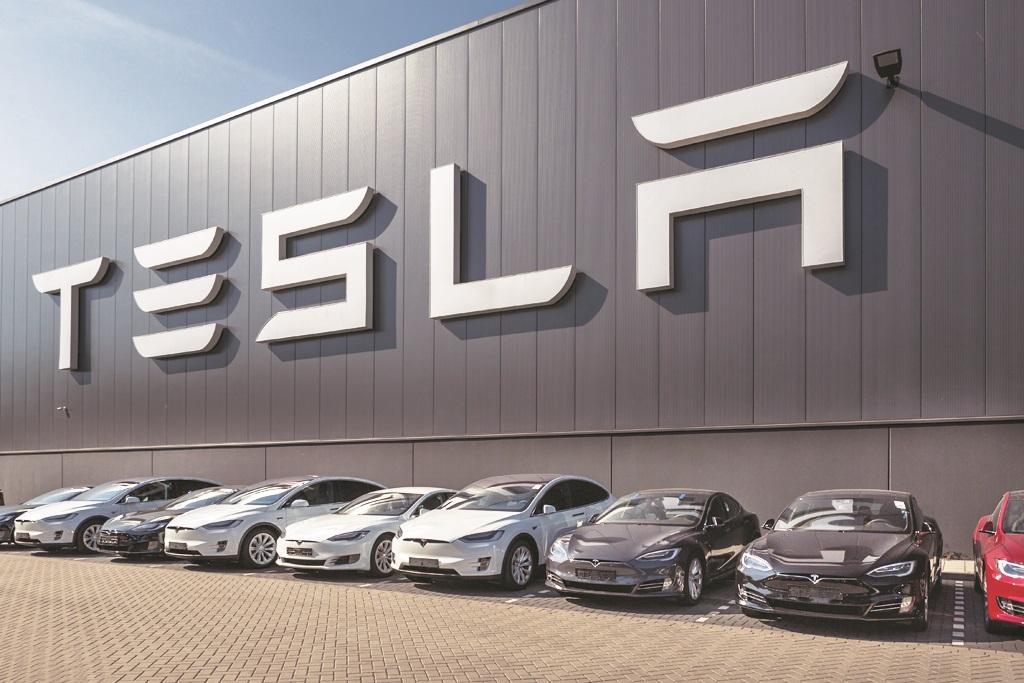Tesla shares fall on long wait for Cybertruck payoff, hefty price tag
Tesla falls on long wait for Cybertruck payoff, hefty price tag By Samrhitha A and Chavi Mehta
Tesla shares fell more than 3% on Friday after the highly anticipated launch of its Cybertruck left analysts concerned about the electric vehicle’s steep price tag and a longer wait for significant financial payoff.
The $60,990 starting price for the long-delayed Cybertruck is more than 50% higher than what CEO Elon Musk had touted in 2019 and a cost analysts have said will draw select, affluent buyers.
“Cybertruck does not significantly move the financial needle for Tesla in FY24..,” Wedbush said in a note, while Bernstein analysts forecast 250 deliveries this year and 75,000 for next year, saying both “may be ambitious”.
Musk has said Tesla was likely to reach a production rate of roughly 250,000 Cybertrucks a year in 2025.
The company has repeatedly warned that it would face significant challenges in ramping the product and becoming free cash flow positive – likely not until mid-2025 – which could negatively impact profitability.
“Tesla has a product problem – i.e., an older line-up that does not address enough of the market, and has no new mass market offerings until likely late 2025,” Bernstein analysts added.
The Cybertruck, Tesla’s first new model in nearly four years, is critical to its reputation as a maker of innovative vehicles, especially at a time when the company is battling softening electric-vehicle demand and rising competition.
The electric vehicle maker is on course to lose nearly $23.4 billion of its value on Friday if premarket losses hold. The stock has nearly doubled this year, after having fallen more than 65% in 2022.
The Cybertruck, two years behind schedule, enters a hot pickup truck market to compete with the likes of Ford’s F150 Lightning, Rivian Automotive’s R1T and General Motors’ Hummer EV.
“Cybertruck is more of a ‘halo’ product, in our view, to attract consumers to the brand for the mainstream vehicles Model 3 and Model Y,” RBC Capital Markets analyst Tom Narayan said.
